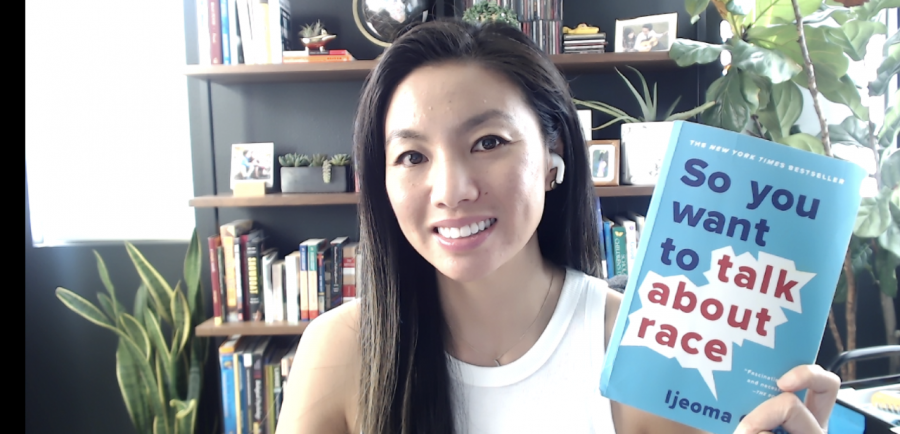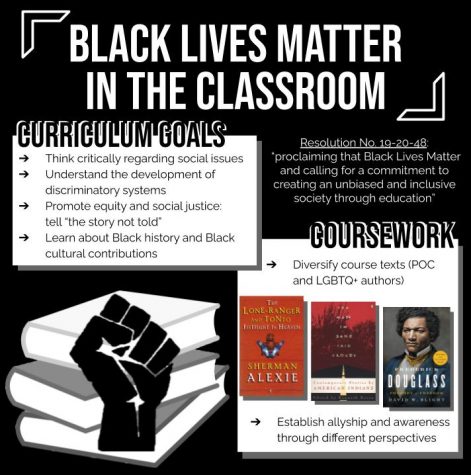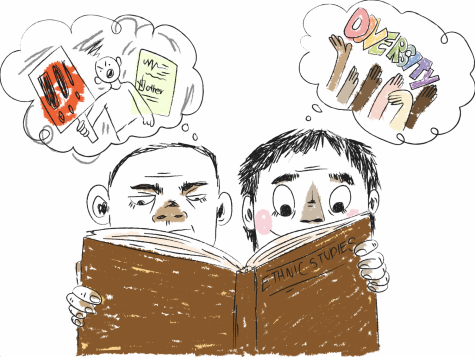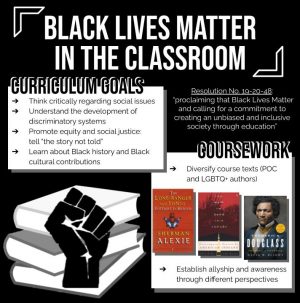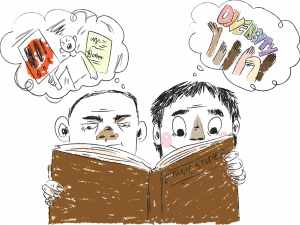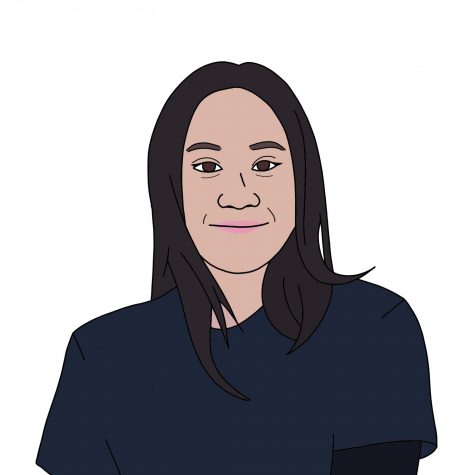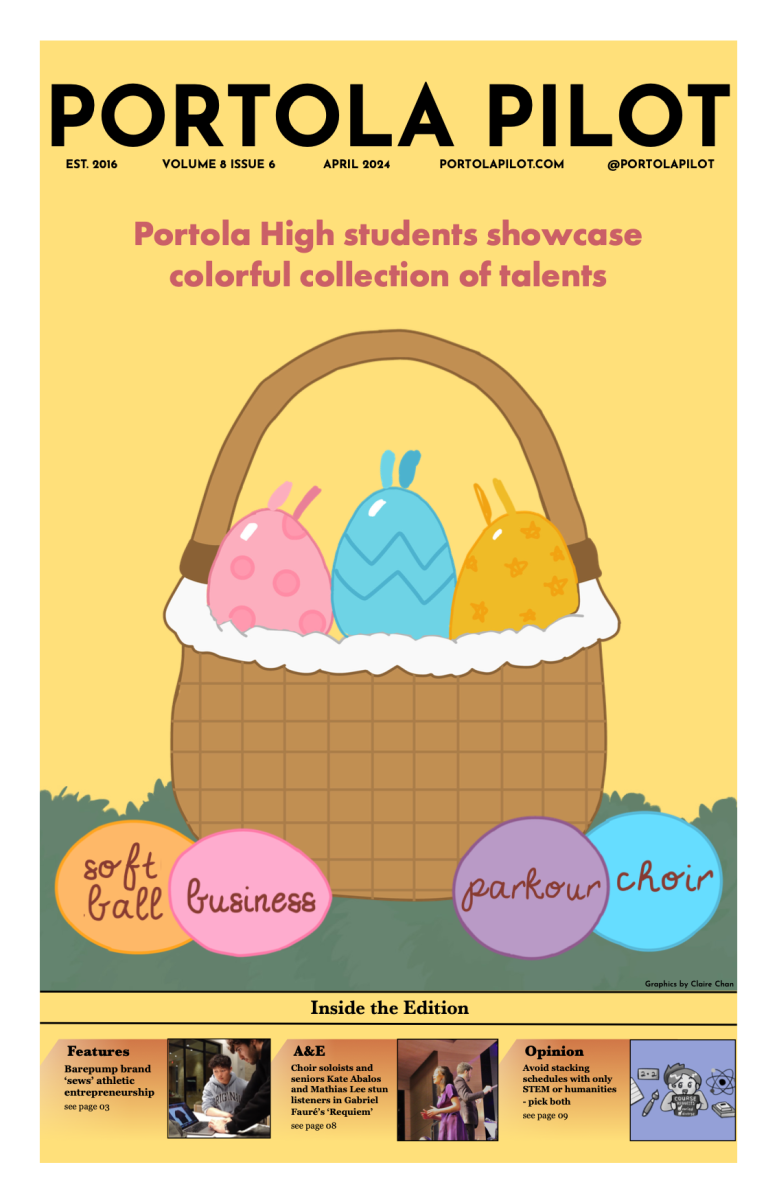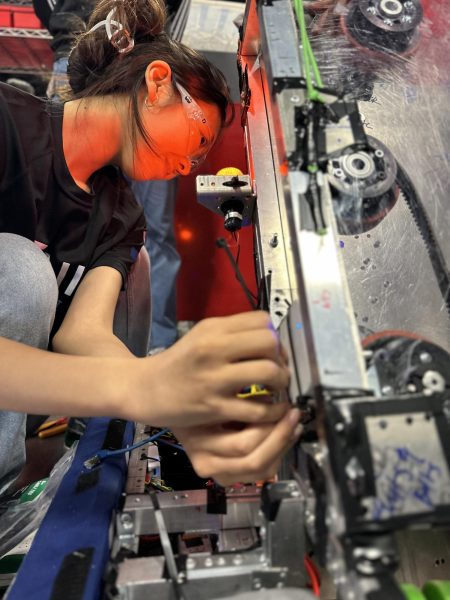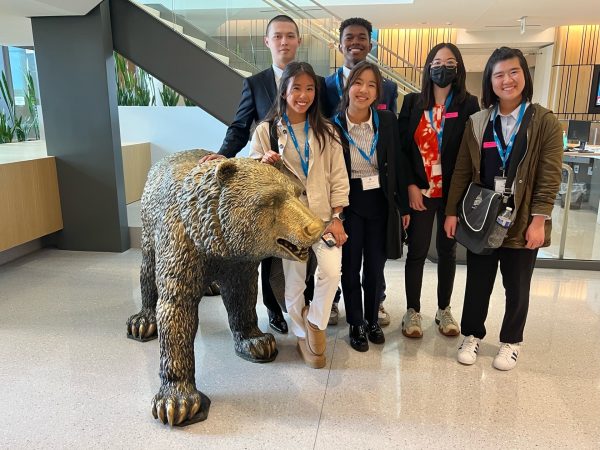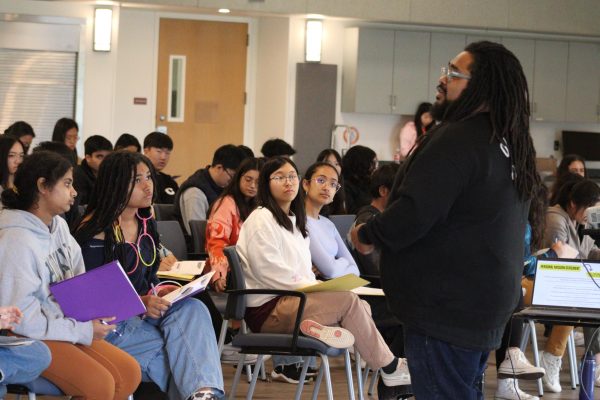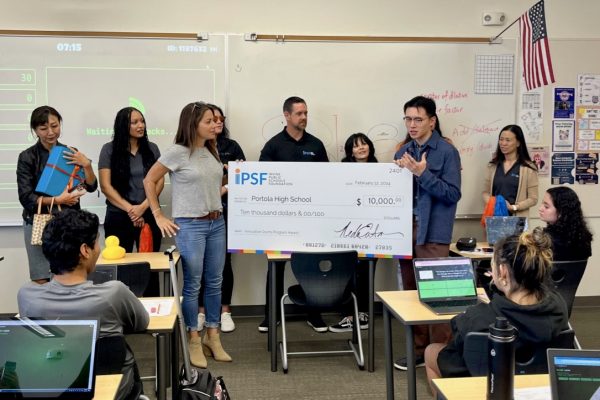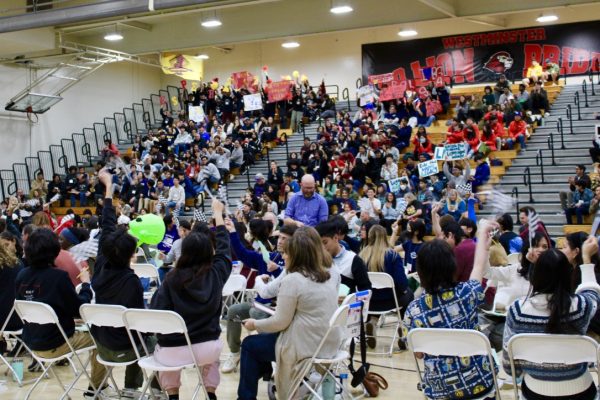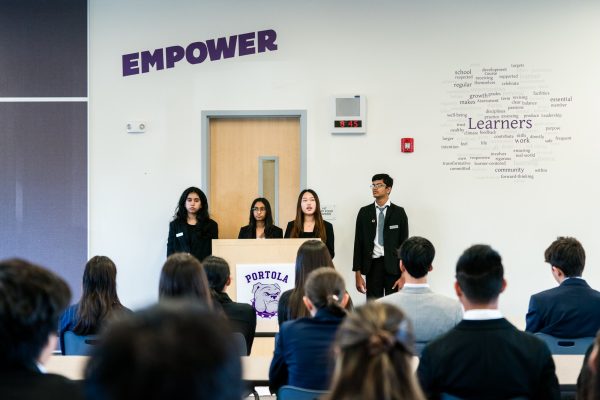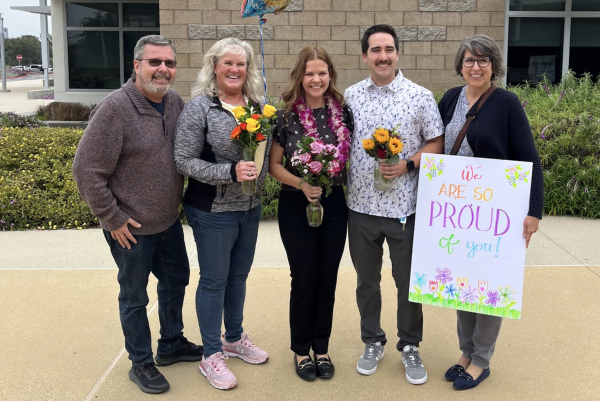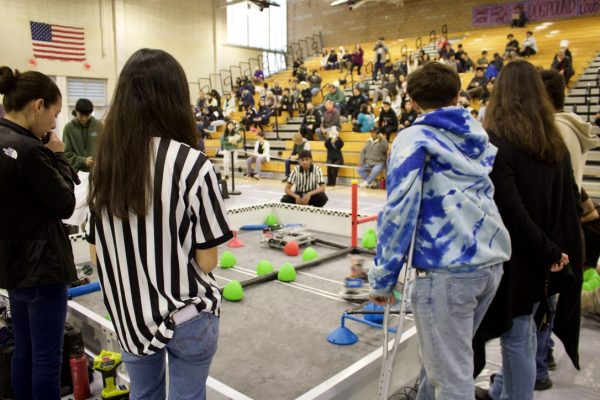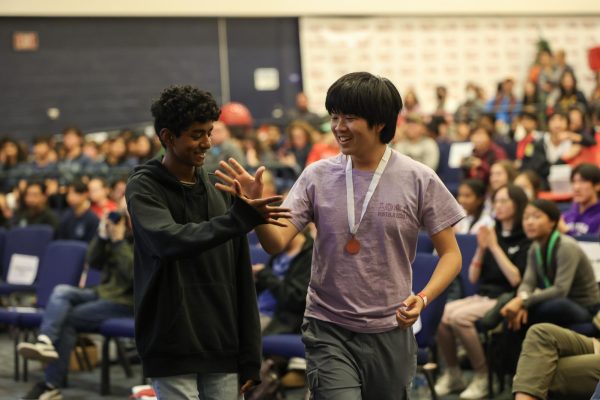Staff and Students Bring Discussions on Racial Equality to the Classroom
Photo Courtesy of Virginia Nguyen
Social studies teacher Virginia Nguyen began a book club this summer to facilitate anti-racism work within IUSD. Over 80 educators have participated so far. Nguyen uses “So You Want to Talk About Race” by Ijeoma Oluo to guide discussions on how to destigmatize the topic of race and implement these conversations in various environments.
September 30, 2020
After protests associated with the Black Lives Matter Movement increased the pressure on discussions about systemic racism, teachers and students initiated a series of proposals over the summer that initiated training and curricular changes across the Irvine Unified School District (IUSD).
Moved by the worldwide outrage over the killing of George Floyd on May 25, social studies teacher Virginia Nguyen emailed the IUSD Board of Education on June 8 with a proposal to dedicate at least 50 percent of professional development for social studies teachers to anti-racism work, convincing colleagues from other disciplines to follow suit.
By the beginning of the 2020-21 school year, all secondary teachers in IUSD had received anti-racism training, including access to a book club for racial discussions that Nguyen also led.
“The sad truth is that our world right now isn’t completely fair, and biases shape opportunities,” Nguyen said. “As a teacher, I want to eliminate those kinds of obstacles so that my students achieve their fullest capabilities. Teaching is very much about helping our future generation have the tools to navigate the world.”
Nguyen, along with math teacher Crystal Le, science teacher Brittney Kang, English teacher Doris Schlothan and social studies teachers Shameemah Motala and Katie Wi, also formed Teachers and Educators for Equity and Allyship (TEEA), working with principal John Pehrson to establish staff training on how to build safe classroom communities and acknowledge internal biases.
“Schools are institutions, so we are part of the problem [of institutionalized racism], but we are also part of the solution,” Motala said. “We wanted to make sure that as the country is hopefully moving forward in terms of equity, Portola is a part of it. We’re looking to see how we can make our classrooms a better experience for our students, in terms of what they’re learning and the voices that they’re hearing.”
The push to refine IUSD’s academic discussions on systemic oppression was a synergistic effort, with senior Saihaj Gulati drafting his own proposal for reforms in social studies, English and art curriculums in early June. Some of these changes include implementing the voices of marginalized groups and educating against the misappropriation of statistics and stereotypes.
“The sad truth is that our world right now isn’t completely fair, and biases shape opportunities. As a teacher, I want to eliminate those kinds of obstacles so that my students achieve their fullest capabilities. Teaching is very much about helping our future generation have the tools to navigate the world.”
— Virginia Nguyen
“When I moved to Irvine last year, I noticed that though Irvine has a lot of diversity, it doesn’t feel diverse,” Gulati said. “There’s not a lot of diversity in thought, and this, combined with the lack of diversity in our curriculum, just perpetuates stereotypes and divisions.”
After publicizing his letter on Instagram and accepting amendments from peers, Gulati accumulated over 2,000 signatures and sent his proposal to several IUSD board members and Irvine officials. Although IUSD agreed to his resolutions in late June, Gulati continues to press for more specific anti-racist curricular changes from the district.
As many of the district resolutions involve the analysis of current events, some parents have voiced their concerns over the potential politicization of the Black Lives Matter movement.
“Their concerns are about, ‘How do teachers navigate those difficult questions in the classroom, without parents being there, without anybody really regulating it?’” assistant principal Jeffrey Hernandez said, “‘Are they giving their own beliefs on it?’ And we tell them that our goal as educators is to give students the facts, present both sides to an issue, and then students do their own critical thinking to make a decision where they lie.”
Simpler, more tangible changes in the classroom currently vary across disciplines, such as social studies students analyzing sources from people of color and English students reading texts on the immigrant experience. However, changes at the systemic and intrapersonal level are still in progress.
“We have to continue to change our lens on how we see the world and how we teach the world,” Nguyen said. “That’s a life-long journey.”




